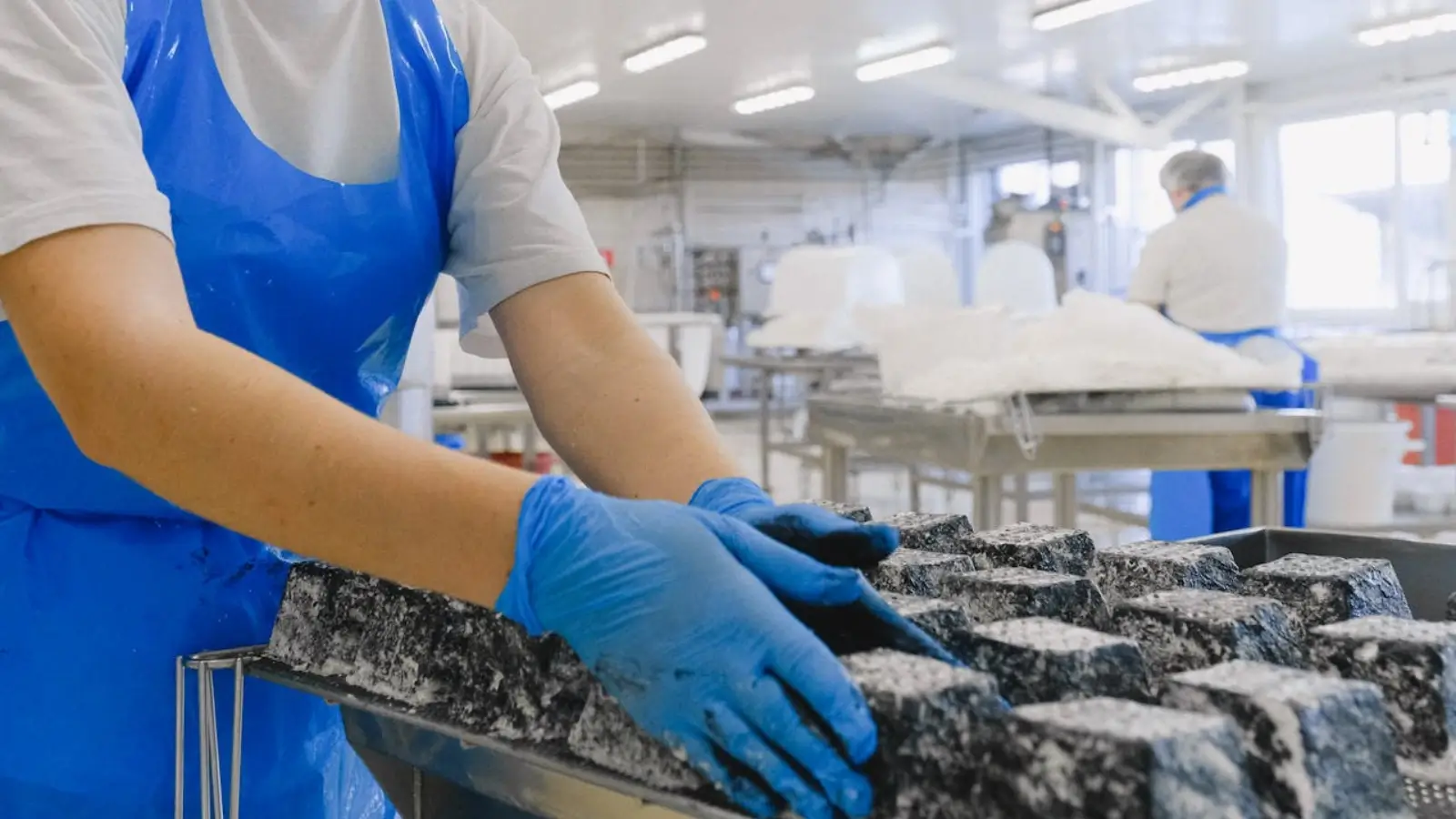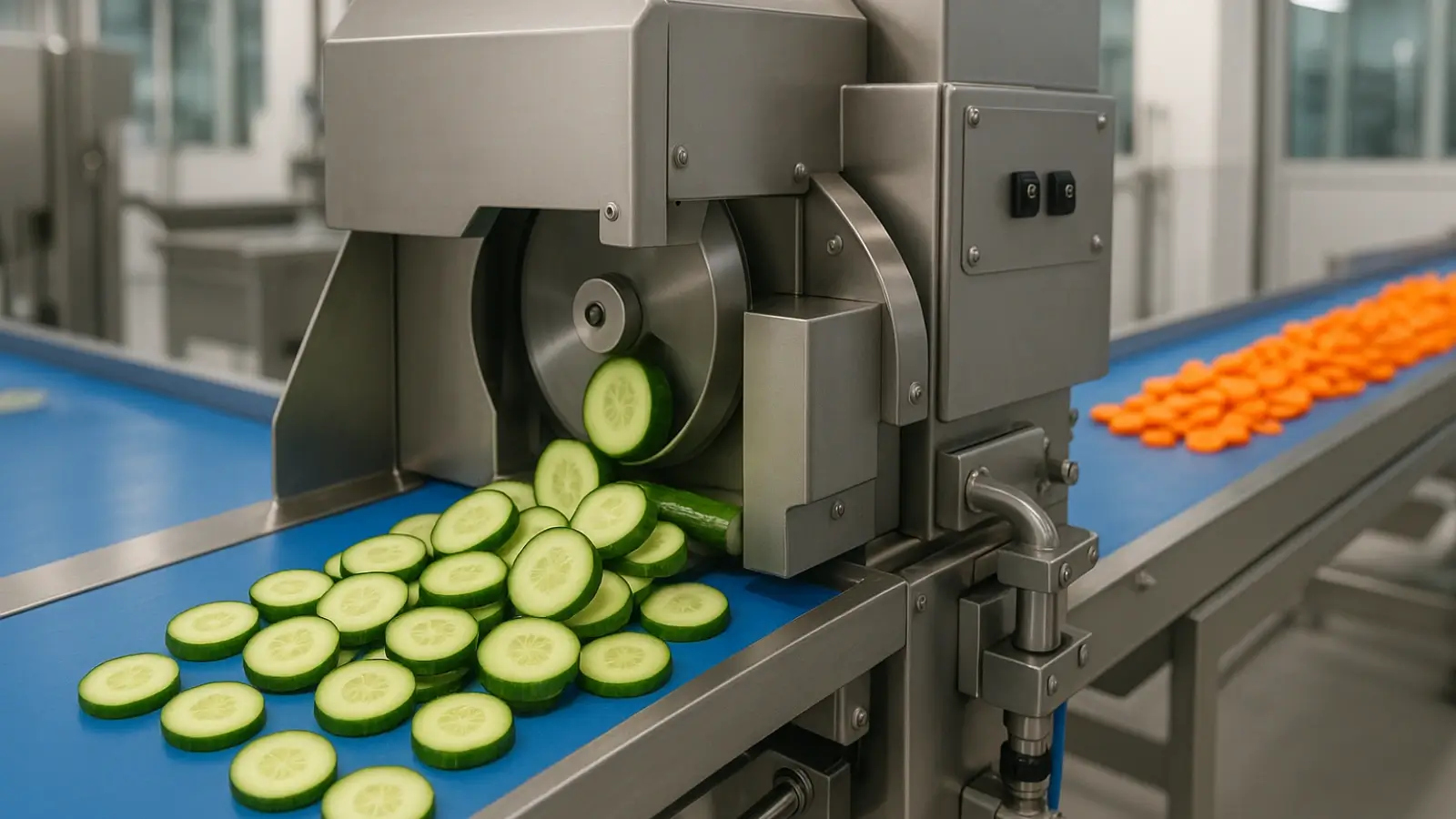As the world becomes increasingly attuned to the importance of sustainability, the notion of organic red wine has taken on greater significance in the realms of viticulture and enology. The wine industry, like many others, faces the pressing need to adopt practices that are not only beneficial to the environment but also sustainable in the long-term. This shift towards eco-friendly practices in vineyards is not merely a trend but a crucial step towards a more responsible stewardship of our planet's resources.
Understanding the Essence of Sustainable Viticulture
Sustainable viticulture refers to the practice of growing grapes and producing wine in a manner that is respectful to the environment, socially responsible, and economically viable. It encompasses a holistic approach that considers everything from soil health and water management to energy use and biodiversity. Sustainable viticulture aims to minimise the impact on the environment, ensuring that vineyards can continue to produce high-quality grapes for generations to come.
The allure of organic red wine is not only in its potential health benefits and exceptional quality, but also in the ethical satisfaction that comes from consuming a product that is created with a deep respect for the Earth. Organic red wine is made from grapes grown without the use of synthetic chemicals such as pesticides, herbicides, and synthetic fertilisers. By adhering to organic standards, winemakers and grape growers commit to maintaining a balanced ecosystem within their vineyards.
Challenges and Innovations
Transitioning to sustainable viticulture is not without its challenges. Winemakers must navigate the complexities of ecosystem management, respond to the impacts of climate change, and often face higher production costs due to the increased labour and lower yields associated with organic farming. Despite these challenges, the industry continues to innovate, finding new ways to protect the environment while enhancing the quality of the wine produced.
Some vineyards have adopted biodynamic practices, a step beyond organic farming that involves the use of natural preparations and adherence to an astronomical planting calendar. Others incorporate cover crops to enrich the soil, manage water retention, and encourage beneficial insects that act as natural pest control. These innovations are central to the longevity of the wine industry and the health of the planet.
The Role of Consumers
Consumer demand plays a significant role in the transition towards more eco-friendly vineyard practices. As awareness grows, wine enthusiasts show a growing preference for wines that are produced in an environmentally responsible way, including organic red wine. Through their purchasing choices, consumers can incentivise winemakers to invest in sustainable practices and contribute to a larger movement towards environmental stewardship.
Health and Quality Benefits
Beyond environmental considerations, there are compelling reasons for consumers to choose organic red wine. These wines are often said to express a clearer sense of terroir, the unique characteristics imparted by a vineyard's specific geographic and climatic conditions. Additionally, organically grown grapes can result in wines with fewer sulfites, substances that are often used as preservatives in the winemaking process.
While research continues to explore the potential health benefits of organic wine, what is clear is that organic and biodynamic vineyards support a thriving ecosystem that can produce high-quality grapes. This, in turn, leads to wines that stand out for their purity, complexity, and taste.
The Future of Organic Red Wine
The future of organic red wine looks promising, as both producers and consumers align on the importance of sustainable farming practices. Many wineries are not only adopting organic approaches but are also seeking relevant certifications to authenticate their practices, providing greater transparency and trust for consumers.
Education also plays a critical role in the future of sustainable viticulture. Through workshops, wine tours, and tastings, wineries have the opportunity to engage directly with consumers, sharing the story behind each bottle of organic red wine and the benefits that sustainable practices bring to the wine, the environment, and the community.
Conclusion
The allure of organic red wine is rooted in a deep respect for the environment and a commitment to quality. Eco-friendly vineyard practices offer a beacon of hope in ensuring the sustainability of wine production. As the wine industry continues to evolve, the harmonious blend of tradition, innovation, and sustainability is likely to become the new benchmark in viticulture. With each bottle of organic red wine, consumers are invited to join in the collective effort of preserving our planet while enjoying the rich and nuanced flavours that only sustainable practices can provide.
A Call to Action
Ultimately, the successes of sustainable viticulture rest on the collective actions of producers, consumers, and policymakers. It is essential for all stakeholders to work together in fostering an environment where sustainable and organic practices are not only encouraged but also rewarded. By choosing organic red wine, consumers can take part in this eco-friendly cycle and help propel the wine industry towards a more sustainable and transparent future.
In embracing the allure of organic red wine, wine lovers not only indulge in the delightful sensory experience it offers but also cast a vote for the Earth with every sip. It is a lifestyle choice that signals a deeper understanding of our interconnectedness with nature and the responsibility we have in ensuring its bounty endures.
Sustainable viticulture is much more than a method of wine production; it is a philosophy that intertwines the art of winemaking with the science of environmental care. As this philosophy becomes more widespread, we can look forward to a thriving future for both vineyards and the natural world they so elegantly reflect. Now is the time to raise a glass to eco-friendly vineyard practices and the rich, flavoursome, and conscientious journey of organic red wine.

















